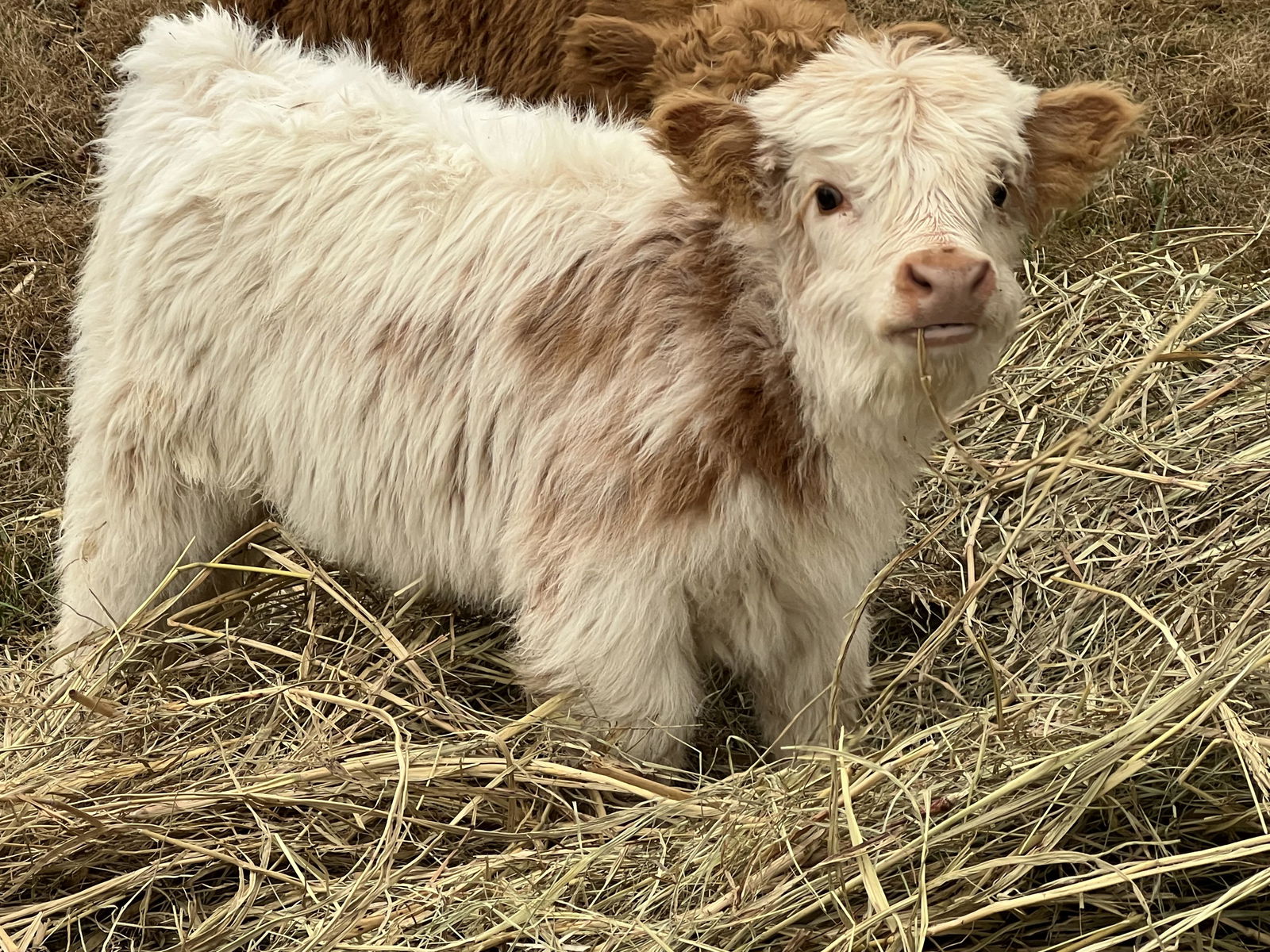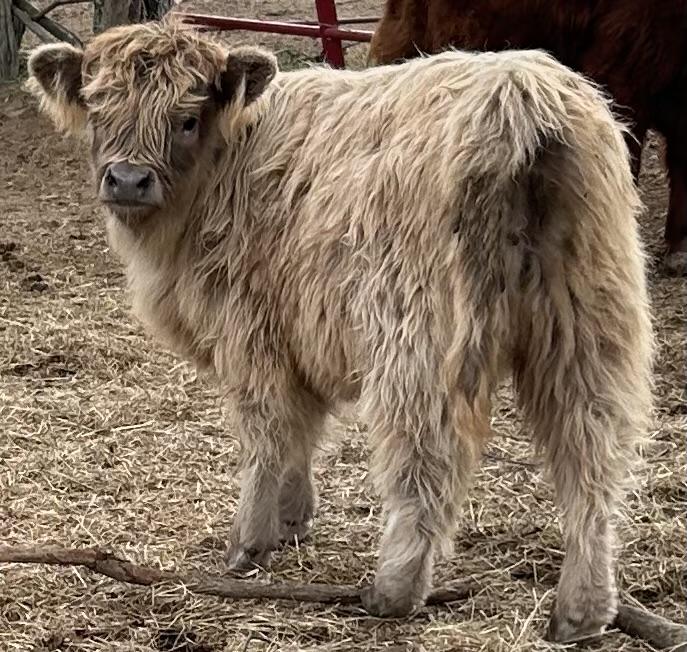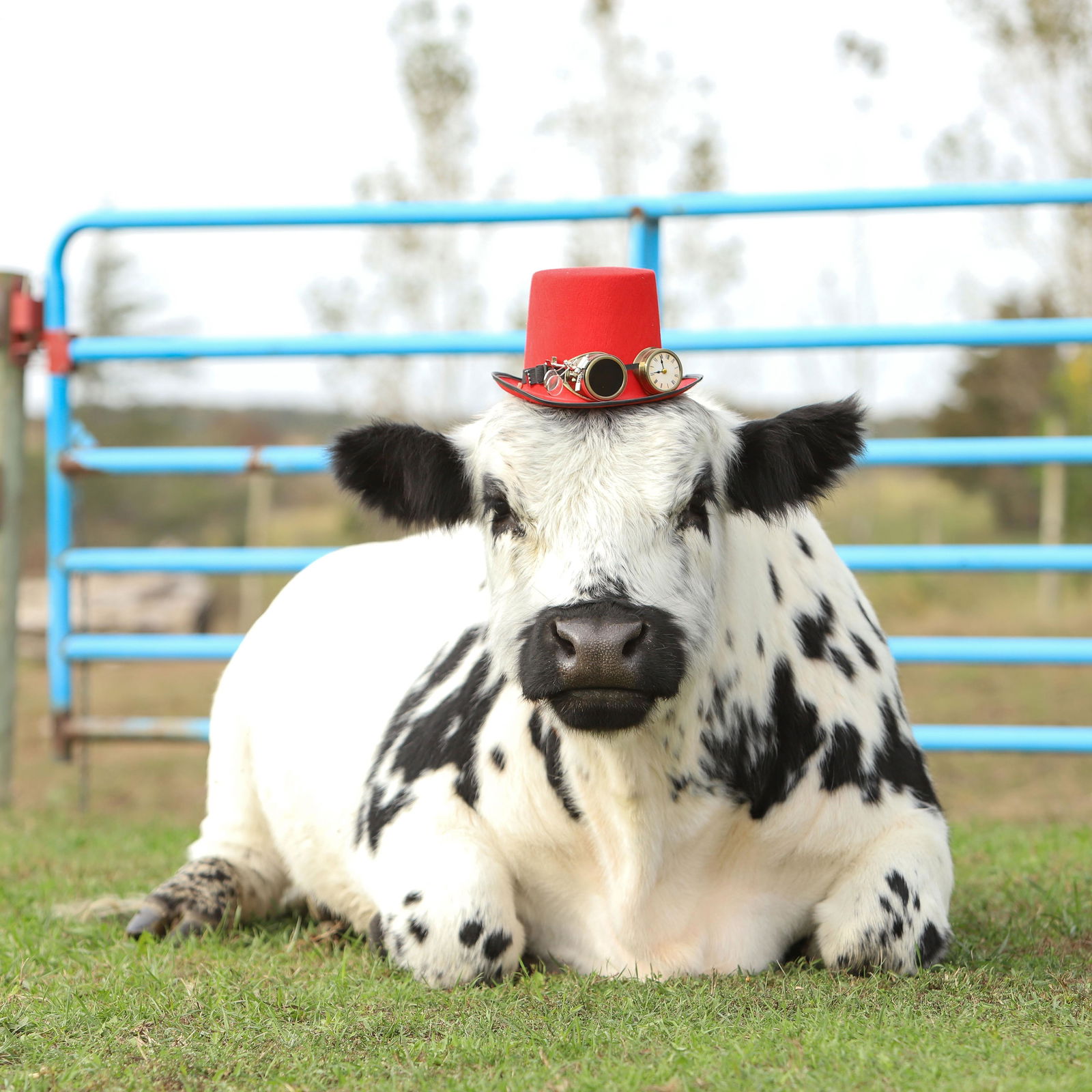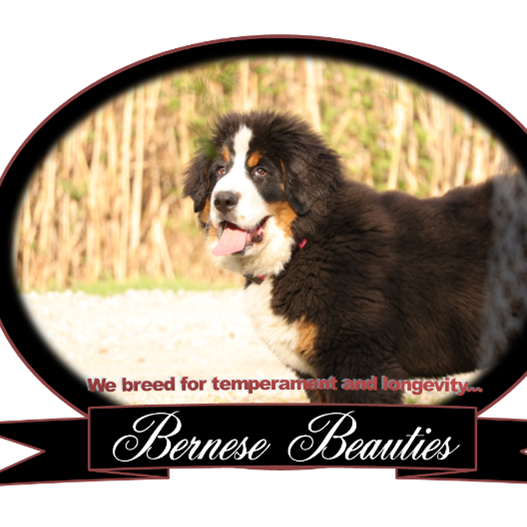
Mini Donkey Breeds: A Guide to Different Types of Miniature Donkeys
Author: Elliott Garber, DVM
Think you’ve seen cute? Just wait until you meet the petite powerhouses of the equine world: mini donkeys. These adorable creatures pack all the charm and personality of their larger cousins into a compact, huggable package that’ll make your heart melt faster than ice cream on a summer day.
Mini donkeys aren’t just farm novelties; they’re capable companions standing 36 inches or less at the withers. Whether you’re considering adding one to your family or simply love learning about unique animals, these compact equines never fail to fascinate.
What Is a Miniature Donkey
Miniature donkeys stand no taller than your kitchen counter (36 inches at the withers) and originated from Sicily and Sardinia.
Key Stats:
- Weight: 200-350 pounds
- Lifespan: 25-35 years
- Height: Up to 36 inches at the withers
- Length: 36-48 inches
While they’re compact enough to fit in smaller farm settings, they pack all the intelligence, loyalty, and personality of their larger relatives into their smaller frame.
Most Popular Mini Donkey Breeds
Mini donkeys don’t really come in different breeds. They’re all classified as Mediterranean miniature donkeys. But some people distinguish between these varieties.
Mediterranean Miniature Donkey
The original mini donkey from Sicily and Sardinia tops out at 36 inches at the withers and features:
- A classic gray-brown coat with white muzzle
- The distinctive cross-shaped stripe on back and shoulders
- Weight between 200-350 pounds
- Typical lifespan of 25-30 years
Their intelligence and gentle nature make them perfect family companions, forming strong bonds with both humans and other donkeys.
American Miniature Donkey
American Miniature Donkeys share their Mediterranean cousins’ traits but with some distinct characteristics:
- Height requirement: maximum 36 inches
- AMDR registration available
- Wide variety of coat colors and patterns
- Strong social instincts and friendly personalities
Miniature Spotted Donkey
The eye-catching spotted variety brings extra flair:
- Distinctive spotted coat patterns
- Standard mini donkey size requirements
- Various base coat colors
- Popular in shows and exhibitions
Physical Characteristics of Mini Donkeys
Mini donkeys combine charm and practicality in their compact frame, making them ideal for small farms and family settings.
Size and Weight
A healthy adult mini donkey typically stands no taller than 36 inches at the withers and weighs between 200-400 pounds, with most falling in the 250-300 pound range.
Colors and Markings
Mini donkeys colors sport a variety of beautiful coats:
- Gray-dun (most common): Light gray body, pale nose and belly
- Black
- Brown
- White
- Chestnut
- Sorrel (reddish-brown)
Pattern Variations:
- Pinto (multi-colored patches)
- Piebald (black & white)
- Skewbald (brown & white)
- Roan (mixed colored hairs)
Most mini donkeys display the breed’s signature dorsal stripe and shoulder cross, regardless of their base coat color.
Caring for Miniature Donkeys
Proper care ensures your mini donkey stays healthy and happy. Their compact size requires specific attention to housing and diet.
Housing Requirements
A well-designed shelter keeps your mini donkey comfortable and secure. Each donkey needs:
- An 8×8 foot minimum shelter space
- Ceiling height of at least 6 feet
- Dry flooring with rubber mats or straw bedding
- Protection from weather elements
- Good ventilation for respiratory health
- Secure fencing (4.5 feet minimum height)
- 1/4 to 1/2 acre of pasture space
Dietary Needs
Mini donkeys thrive on a simple, fiber-rich diet. Daily nutrition requirements include:
- Grass hay: 2-4 pounds
- Fresh water: 5-10 gallons
- Salt block: Continuous access
- Grain supplement: 1/2-1 cup (if needed)
Essential dietary guidelines:
- Stick to grass hay instead of alfalfa to prevent weight gain
- Ensure constant access to clean water
- Keep tabs on weight to avoid overfeeding
- Add mineral supplements based on local soil needs
Benefits of Owning a Mini Donkey
Mini donkeys offer unique advantages that make them exceptional farm companions.
Companionship & Social Benefits
- Form strong bonds through daily interaction
- Show dog-like loyalty to their humans
- Interact gently with children
- Provide companionship for 25-35 years
Practical Uses
- Help maintain pastures naturally
- Carry light loads up to 50 pounds
- Support therapeutic programs
Space & Maintenance Advantages
- Require minimal space (1/4 to 1/2 acre per donkey)
- Use fewer resources than full-sized donkeys
- Need only an 8×8 foot shelter
- Produce manageable amounts of waste
Cost Benefits
- Consume less feed than standard donkeys
- Require minimal supplements
- Use smaller equipment and structures
- Need standard supplies in smaller quantities
Mini donkeys often surprise visitors with their outsized personalities and capabilities. Despite their small stature, they approach tasks and interactions with the confidence of much larger animals.
Conclusion
Mini donkeys combine charm and practicality in a compact package. Their manageable size, lower maintenance needs, and adaptable nature make them ideal for hobby farms and family settings.
With proper care, these engaging animals provide decades of companionship and practical benefits. While they may be small in stature, their impact on farm life and family enjoyment proves substantial.

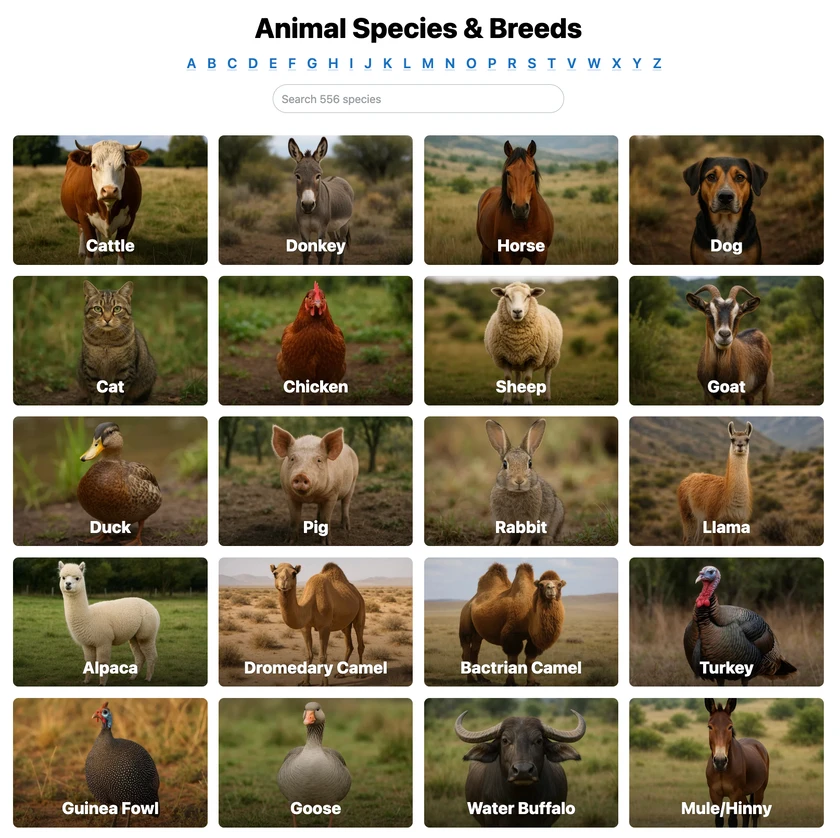 All Species & Breeds
All Species & Breeds
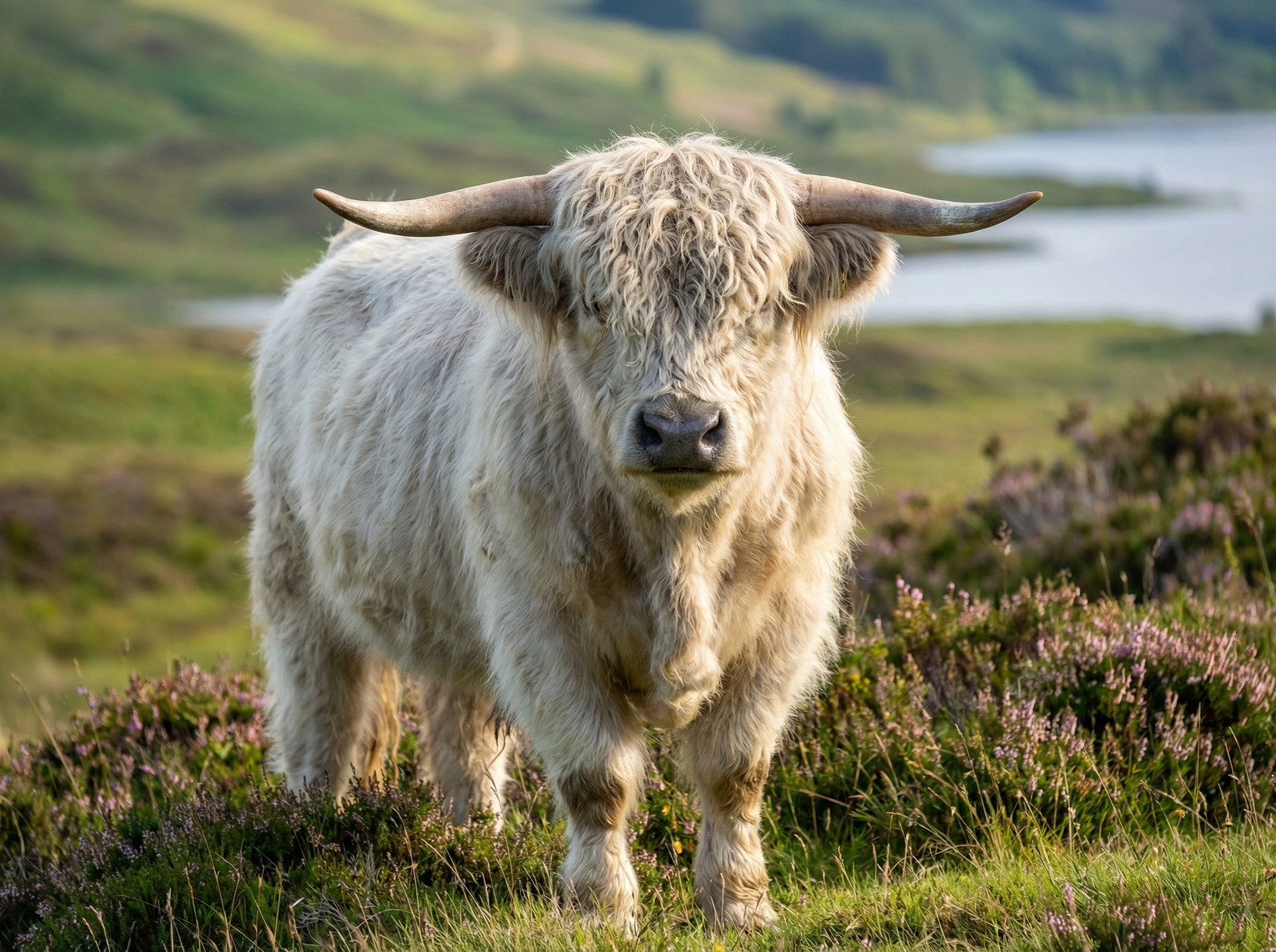 Highland Cattle
Highland Cattle
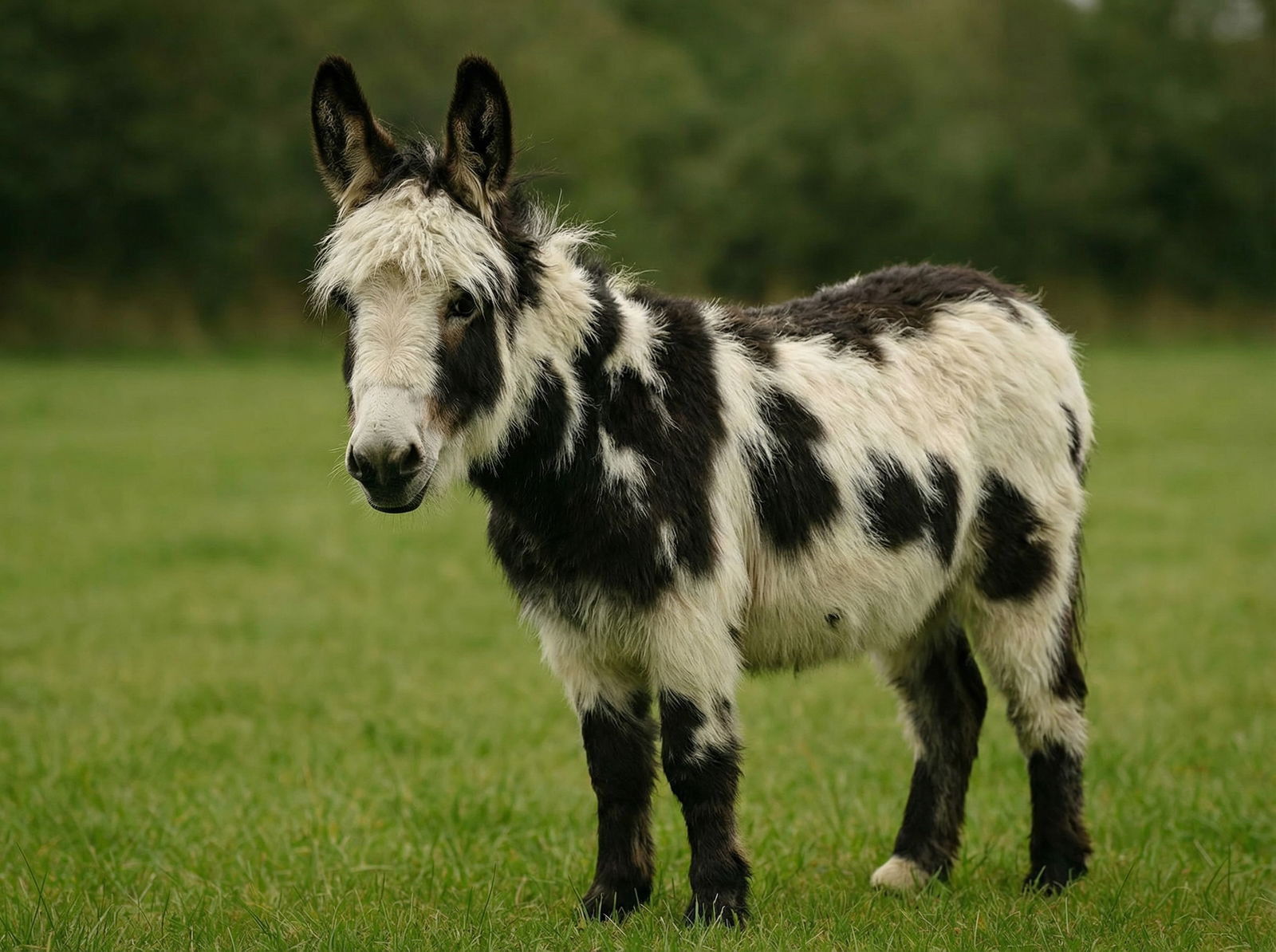 Miniature Donkeys
Miniature Donkeys
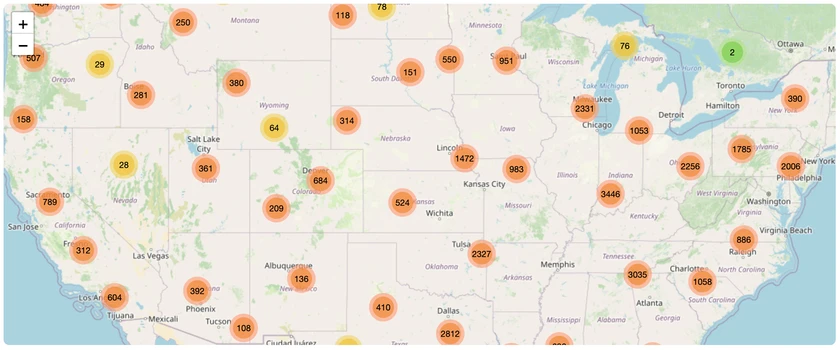 All Species Directory
All Species Directory
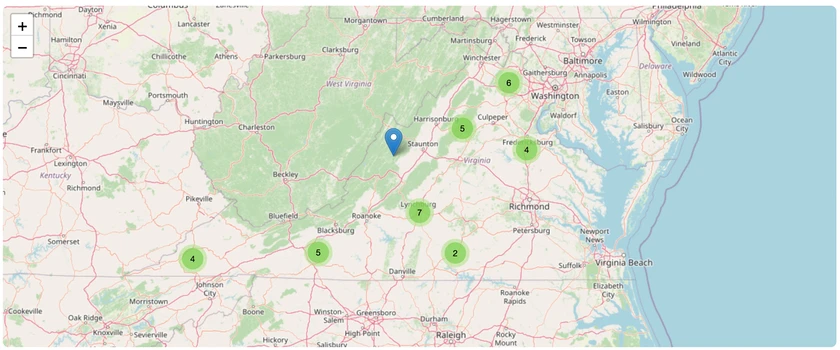 Highland Cattle in Virginia
Highland Cattle in Virginia
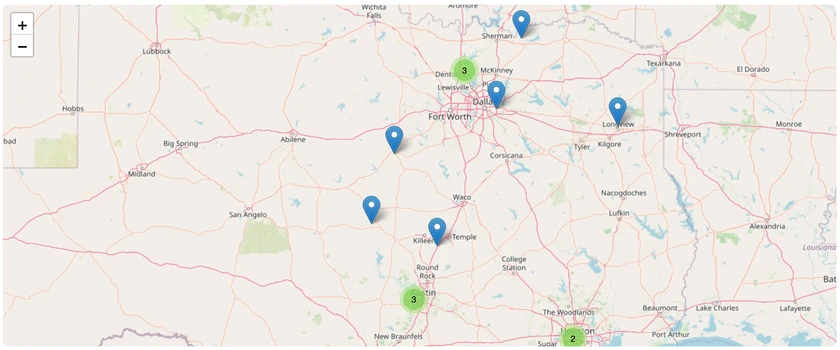 Miniature Donkeys in Texas
Miniature Donkeys in Texas








